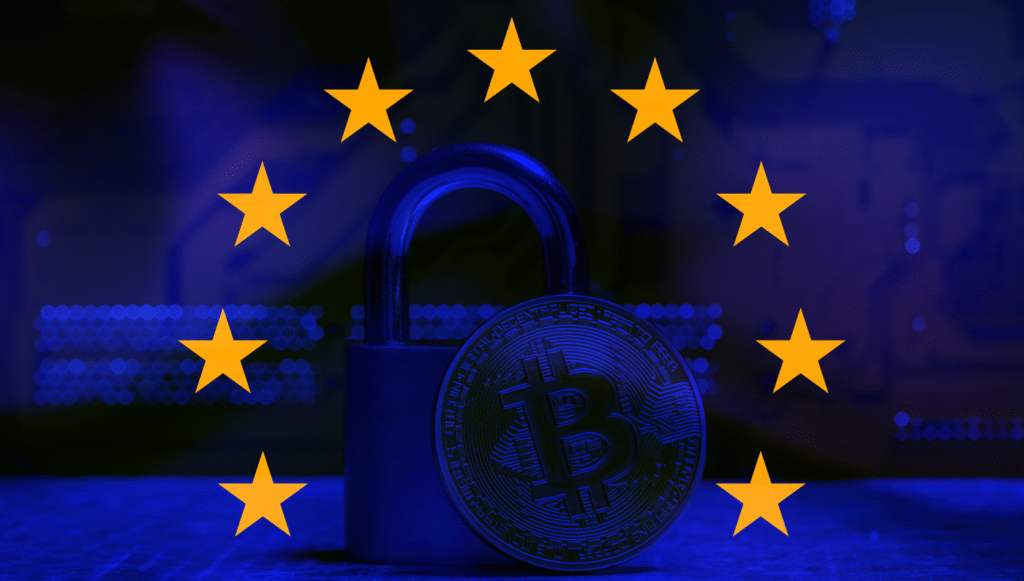EU Parliament Bans Anonymous Crypto Transactions: What it Means for Crypto Users

Brief Overview
– The European Union Parliament’s anti-money laundering (AML) legislation bans the use of anonymous self-custody crypto wallets for transactions within the EU region.
– Other important highlights of the latest legislation are the ban on over €3,000 anonymous cash transactions and the prohibition of cash payments exceeding €10,000.
– The crypto community is not in support of the latest legislation, with many accusing the EU of being a surveillance state.
The European Union Parliament members reached a significant milestone in imposing certain limits for anonymous and cash transactions within the region through the Anti-Money Laundering legislation.
The majority of the EU Parliament committee members have approved a ban on payments involving unidentified self-custody crypto wallets. According to a recent social media post by Patrick Breyer, an EU Parliament member, the ban received a go-ahead from most of the parliament members on March 19th. Apparently, the new ban is part of the European Union’s anti-money laundering (AML) legislation.
All the Details of the New EU Ban on Crypto Transactions
A member of the European Parliament for the Piratenpartei Deutschland (Pirate Party of Germany) named Patrick Breyer broke the news on social media (X). Apparently, Breyer was one of the only two members of the parliament who voted against the new ban on unidentified crypto payments. Gunnar Beck of Alternative für Deutschland (Alternative for Germany) was the other parliament member who voted against the prohibition of anonymous crypto payments.
According to a post on Twitter, now X, from Breyer, he provided details of what the new EU legislation entails. Apparently, the first ban was cash payments that exceeded the €10,000 mark. Secondly, the European Union placed a ban on anonymous cash payments of over €3,000. So, the last part of this legislation applies explicitly to the crypto industry. It banned any form of anonymous crypto payments from self-custody or hosted wallets without any threshold.
Breyer added in the post, “This means war on cash and gradual erosion of our financial
freedom!”
Furthermore, he took time to explain his reason for voting against the legislation.
In his words: “Generally prohibiting anonymous payments would at best have minimal effects on crime, but it would deprive innocent citizens of their financial freedom.”
Expectations are that the new law from the EU will be fully functional within three years of its entry into full force. However, some prominent law firms, such as Dillon Eustace, an Ireland-based law firm, say the legislation might be in full force earlier than expected.
Reactions and Impact of the New EU Legislation Crypto Users
Regarding the impact of the new legislation, it is essential to note that the ban on anonymous crypto payments from self-custody wallets applies only to EU crypto users. Furthermore, self-custody wallets on mobile, desktop, or browser applications are among the targets of the new legislation.
The new legislation will incredibly impact how Europeans engage with cryptocurrencies. Furthermore, it will also affect the rate of crypto adoption in this region due to stagnation in innovation. The major arguments against the new bill are based on its potential invasion of users’ privacy and its lack of financial inclusivity.
The reaction to this new bill is mixed. Many support it because it would reduce crypto crimes, while the rest fear restrictions on economic activities and the infringement of privacy. A user on X who quoted Breyer’s post on X accused the EU of becoming a “surveillance state.”



